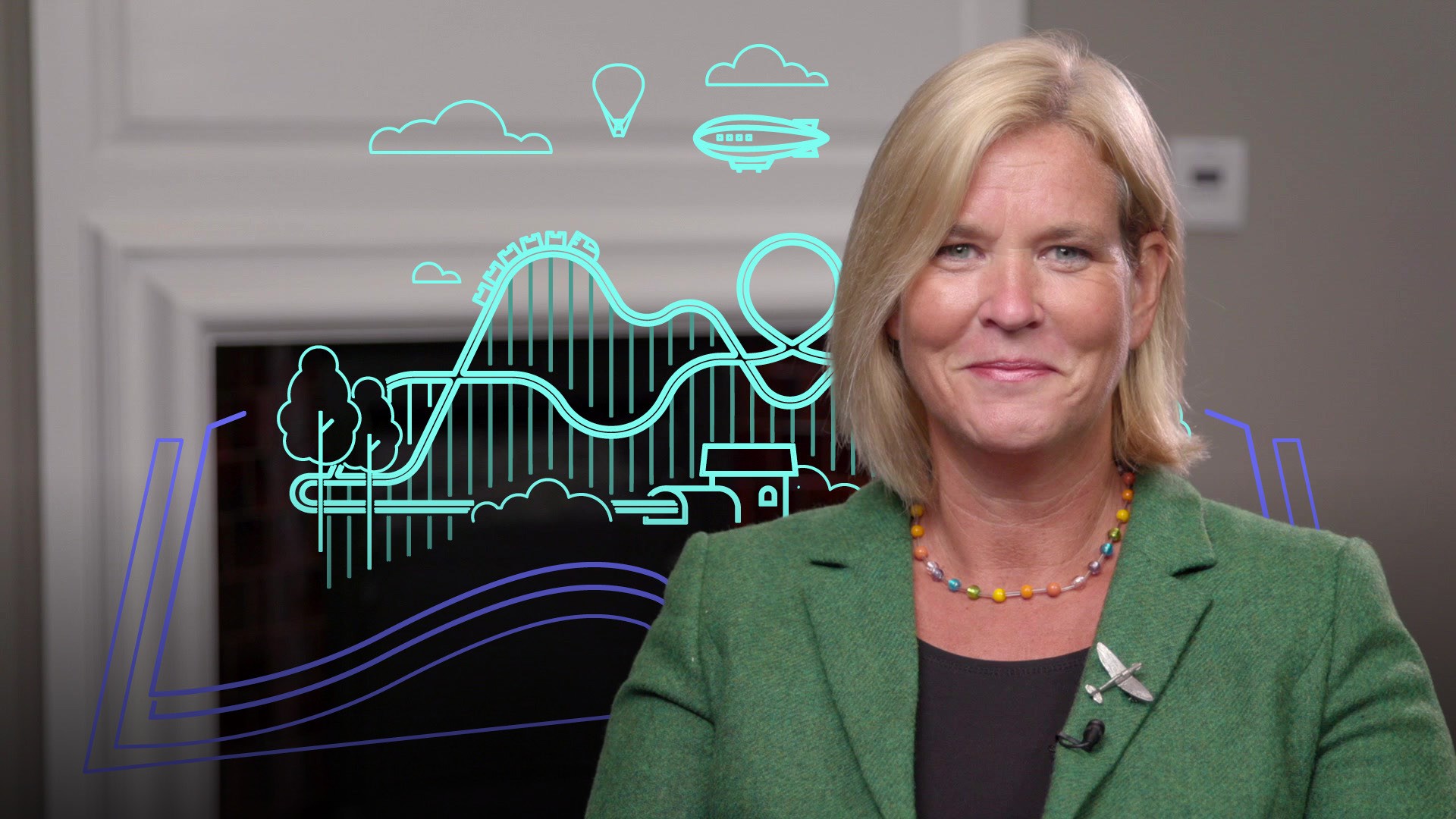
The Importance of Storytelling in Leadership

Mandy Hickson
25 years: Ex-RAF pilot & leadership expert
In the first video of this new series on Leadership, Mandy highlights the importance of storytelling as one of the most powerful means that leaders have to influence, teach, and inspire and discusses why it is so effective for learning.
In the first video of this new series on Leadership, Mandy highlights the importance of storytelling as one of the most powerful means that leaders have to influence, teach, and inspire and discusses why it is so effective for learning.

The Importance of Storytelling in Leadership
2 mins 53 secs
Key learning objectives:
Learn what makes storytelling so effective for learning
Identify the different types of learners
Understand how the aspects of storytelling work for all three types of learners
Outline the benefit to the leaders for sharing a personal story
Overview:
Storytelling provides connection, engagement, inspires motivation and conveys learning that sticks. It’s no wonder that more and more organisations are embracing storytelling as an effective way for their leaders to influence, inspire and teach.
What makes storytelling so effective for learning?
- Storytelling forges connections among people, and between people and ideas
- They build familiarity and trust, and allow the listener to enter the story where they are, making them more open to learning
- Good stories can contain multiple meanings so they convey complex ideas in graspable ways
- Stories are more engaging than a dry recital of data points or a discussion of abstract ideas
- Stories are easy to remember - In fact, psychologist Jermone Burner suggests that facts are 20 times more likely to be remembered if they’re part of a story
What are the different types of learners?
- In any group, roughly 40% will be visual learners, who learn best from videos, diagrams, or illustrations
- Another 40% will be auditory, learning best through lectures and discussions.
- The remaining 20% are kinesthetic learners, who learn best by doing, experiencing, or feeling.
How do the aspects of storytelling work for all three types of learners?
Visual learners appreciate the mental pictures storytelling evokes. Auditory learners focus on the words and the storyteller’s voice and Kinesthetic learners remember the emotional connections and feelings from the story.
What is the benefit to the leaders for sharing a personal story?
- They’ve conveyed underlying values
- Offered insight into the evolution of their own experience and knowledge
- Presented themselves as more approachable
- Inspired others to want to know more

Mandy Hickson
There are no available Videos from "Mandy Hickson"

